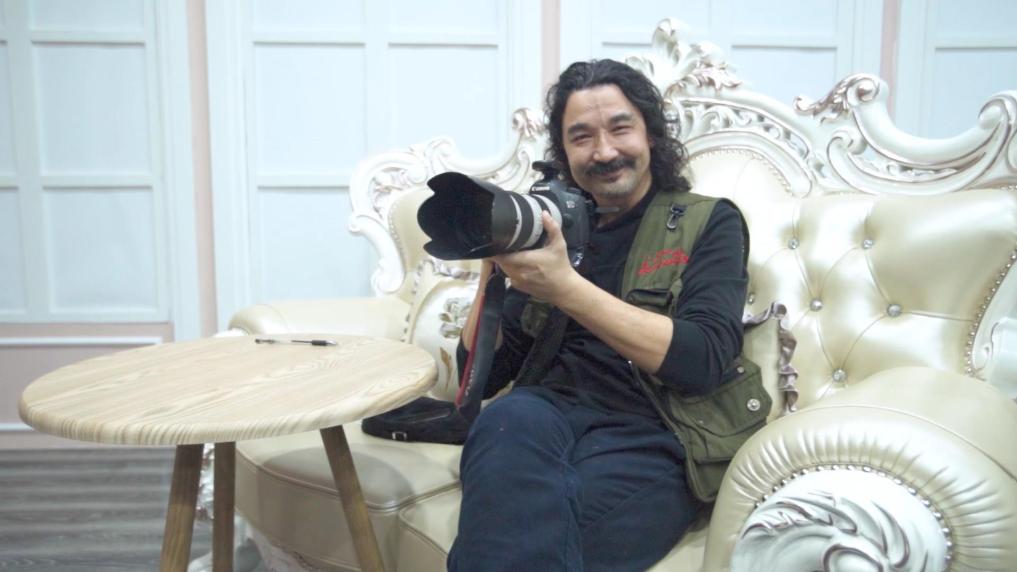China's archery team starts Olympic cycle strong with silver medals in Shanghai World Cup
Source: Xinhua
Editor: huaxia
2025-05-13 20:38:15
SHANGHAI, May 13 (Xinhua) -- China's national archery team opened its Olympic campaign with encouraging results, securing two silver medals at the Shanghai stage of the Archery World Cup, which concluded Sunday. The showing follows a two-gold, one-bronze performance at the season's opening event in the United States-an early sign of promise on the road to the Los Angeles 2028 Olympic Games.
Team manager Mu Yong told Xinhua in an interview Sunday that the team made clear progress during its winter training, which emphasized fundamentals and mental stability.
"The team is maturing. But we must continue to strengthen our foundation and stay composed under pressure to truly compete for Olympic gold," he said.
Following the Paris Olympics, the squad quickly returned to training. Winter preparations focused on scouting new talent, simulating high-pressure scenarios and improving consistency-particularly by reducing "wide arrows," or shots scoring below nine points.
"Previously, hitting an eight might have seemed acceptable. Now, even in training, an eight is considered a wide arrow. We analyze the issue every time," Mu said. "If we can minimize wide arrows, we'll naturally improve our overall performance."
To reinforce this mindset, coaches used detailed data from recent competitions-including China's narrow shoot-off loss to South Korea in the women's team final at Paris 2024.
"We used real data to show how a single eight-point arrow can decide a match," Mu said.
The team held five high-intensity trials over the winter before selecting six male and six female archers to compete internationally. The roster includes veteran Li Jiaman, 27, as well as rising stars Zhu Jingyi, 18, and Huang Yuwei, 20.
The newly assembled team performed well at the World Cup opener in Central Florida. Li, Huang and Zhu captured gold in the women's team event, while the men's team of Kao Wenchao, Wang Yan and Li Zhongyuan also topped the podium. Li added an individual bronze.
In Shanghai, China reached the gold medal matches in both the women's and mixed team events, but lost 6-2 in both to powerhouse South Korea.
China's women's team struggled in the final with seven wide arrows-an outcome Mu described as "losing to ourselves rather than to our opponents."
"I believe we are evenly matched with South Korea; they are not unbeatable," he said. "The outcome depends on performance in the moment. Improving our ability to handle pressure is the key breakthrough we need."
Kwon Yong-hak, the South Korean coach currently leading China's women's team, said young archers Zhu and Huang likely struggled with nerves in their first final against Korea.
"It's normal," Kwon said. "But what matters is the experience. They were angry after the match-I told them they should feel that way. This unyielding attitude is crucial for growth. We're not afraid to lose. Every defeat is a lesson."
China also made progress in the mixed team recurve event, with Li and Wang claiming silver after falling to Olympic champions Lim Si-hyeon and Kim Woo-jin. After several first-round exits in recent seasons, the result marked a significant improvement.
"Just reaching the final shows we're improving," said Wang.
Looking ahead to Los Angeles, China hopes to build on its Olympic legacy. In 1984, Li Lingjuan won China's first archery medal-a silver in the women's individual event. In 2008, Zhang Juanjuan stunned three South Korean archers to win China's first and only Olympic gold in the sport.
"If we return to L.A. and still only win silver, that means we haven't progressed in 44 years. If we win bronze or nothing, we've fallen behind," Mu said. "Winning gold can't just be a slogan. It must be a goal backed by real action. And we shouldn't overestimate South Korea. If our goal is to stand on the top of the podium, then every opponent we face is simply an obstacle."
The Los Angeles 2028 Games will include a compound mixed team event for the first time. Mu acknowledged this presents a challenge for China, where compound archery is still developing. In response, the national federation has formed a compound team and added the discipline to this November's National Games to spur growth.
Still, the path remains steep. Compound archery is dominated by global powerhouses, and Olympic quotas are limited. With compound added to the program, fewer Olympic spots are available for recurve events, making qualification even more competitive.
Despite the hurdles, Mu remains confident.
"We've found the right path. Now, the key is implementation," he said. ■













Comments